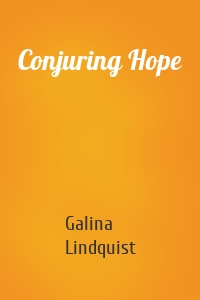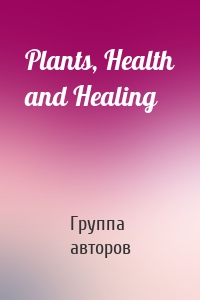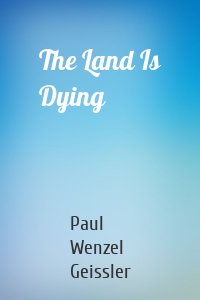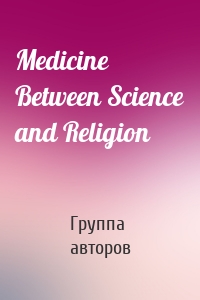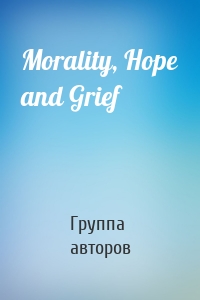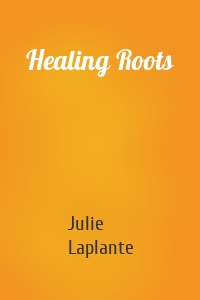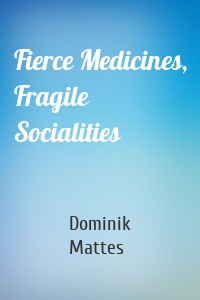Серия "Epistemologies of Healing"
16 кн.Скачать лучшие книги серии Epistemologies of Healing - автор Jo Thobeka Wreford в формате fb2 или читать онлайн, бесплатно и без регистрации. Читаемые, полные версии книг, без сокращений - на сайте Knigism.online. Скачать книги полностью в количестве 16 шт.
Conjuring Hope
Notions of magic and healing have been changing over past years and are now understood as reflecting local ideas of power and agency, as well as structures of self, subjectivity and affect. This study focuses on contemporary urban Russia and, through exploring social conditions, conveys the experience of living that makes magic logical. By following people’s own interpretations of the work of magic, the author succeeds in unraveling the logic of local practice and local understanding of...
| Автор | Galina Lindquist |
Capturing Quicksilver
Since the turn of the century Singapore has sustained a reputation for both austere governance and cutting-edge biomedical facilities and research. Seeking to emphasize Singapore’s capacity for “modern medicine” and strengthen their burgeoning biopharmaceutical industry, this image has explicitly excluded Chinese medicine – despite its tremendous popularity amongst Singaporeans from all walks of life, and particularly amongst Singapore’s ethnic Chinese majority. This book examines the use and...
| Автор | Arielle A. Smith |
Plants, Health and Healing
Plants have cultural histories, as their applications change over time and with place. Some plant species have affected human cultures in profound ways, such as the stimulants tea and coffee from the Old World, or coca and quinine from South America. Even though medicinal plants have always attracted considerable attention, there is surprisingly little research on the interface of ethnobotany and medical anthropology. This volume, which brings together (ethno-)botanists, medical anthropologists...
| Автор | Группа авторов |
The Land Is Dying
Based on several years of ethnographic fieldwork, the book explores life in and around a Luo-speaking village in western Kenya during a time of death. The epidemic of HIV/AIDS affects every aspect of sociality and pervades villagers' debates about the past, the future and the ethics of everyday life. Central to such debates is a discussion of touch in the broad sense of concrete, material contact between persons. In mundane practices and in ritual acts, touch is considered to be key to the...
| Автор | Paul Wenzel Geissler |
Medicine Between Science and Religi...
There is a growing interest in studies that document the relationship between science and medicine – as ideas, practices, technologies and outcomes – across cultural, national, geographic terrain. Tibetan medicine is not only known as a scholarly medical tradition among other Asian medical systems, with many centuries of technological, clinical, and pharmacological innovation; it also survives today as a complex medical resource across many Asian nations – from India and Bhutan to Mongolia,...
| Автор | Группа авторов |
Morality, Hope and Grief
The HIV/AIDS epidemic in sub-Saharan Africa has been addressed and perceived predominantly through the broad perspectives of social and economic theories as well as public health and development discourses. This volume however, focuses on the micro-politics of illness, treatment and death in order to offer innovative insights into the complex processes that shape individual and community responses to AIDS. The contributions describe the dilemmas that families, communities and health...
| Автор | Группа авторов |
Moral Power
Neither power nor morality but both. Moral power is what Sukuma farmers in Tanzania in times of crisis attribute to an unknown figure they call their witch. A universal process is involved, as much bodily as social, which obstructs the patient’s recovery. Healers turn the table on the witch through rituals showing that the community and the ancestral spirits side with the victim. In contrast to biomedicine, their magic and divination introduce moral values that assess the state of the system and...
| Автор | Koen Stroeken |
Fortune and the Cursed
Innovation-making is a classic theme in anthropology that reveals how people fine-tune their ontologies, live in the world and conceive of it as they do. This ethnographic study is an entrance into the world of Buryat Mongol divination, where a group of cursed shamans undertake the ‘race against time’ to produce innovative remedies that will improve their fallen fortunes at an unconventional pace. Drawing on parallels between social anthropology and chaos theory, the author gives an in-depth...
| Автор | Katherine Swancutt |
Fierce Medicines, Fragile Socialiti...
Set in Tanga, a city on the Tanzanian Swahili coast, Dominik Mattes examines the implementation of antiretroviral HIV-treatment (ART) in the area, exploring the manifold infrastructural and social fragilities of treatment provision in public HIV clinics as well as patients’ multi-layered struggles of coming to terms with ART in their everyday lives. Based on extensive ethnographic fieldwork, the book shows that, notwithstanding the massive rollout of ART, providing treatment and living a life...
| Автор | Dominik Mattes |



